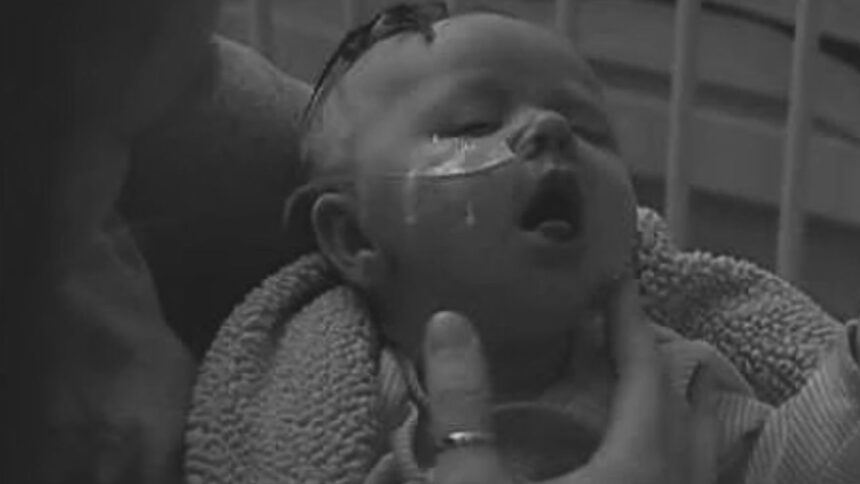In a heartbreaking turn of events, the specter of whooping cough has reared its head once again, claiming the lives of five infants in England. The UK Health Security Agency (UKHSA) has sounded the alarm, revealing a sharp increase in cases across the country. With 1,319 reported cases in March alone, and a staggering total nearing 2,800 for the year, health officials fear a looming crisis reminiscent of the peak year of 2016, which saw 5,949 cases.
The Toll on the Youngest
Whooping cough, scientifically known as pertussis, is proving to be particularly perilous for the most vulnerable among us—babies and infants. Shockingly, half of this year’s cases have occurred in children under the age of 15, with the highest rates observed in babies less than three months old. Tragically, the five infants who succumbed to the disease were all under three months of age, marking the first such fatalities since 2019.
A Resurgence Unveiled
The resurgence of whooping cough has sparked questions and concerns among health professionals and the public alike. Dr. Gayatri Amirthalingam, a spokesperson from UKHSA, highlighted the role of declining vaccination rates and the disruptive impact of the pandemic in fueling the current crisis. The steady decline in vaccine uptake, coupled with reduced numbers during pandemic-related restrictions, has created a perfect storm for the resurgence of this preventable disease.
Understanding Whooping Cough
Whooping cough typically begins innocuously, masquerading as a common cold with symptoms like a runny nose and sore throat. However, after about a week, the infection morphs into relentless coughing fits, often exacerbated at night. The distinctive “whoop” sound or breathing difficulties following a coughing bout are telltale signs of this bacterial infection, which spreads through respiratory droplets.
A Call to Action
In the face of this alarming resurgence, health experts are urging proactive measures to stem the tide of whooping cough. Vaccination remains the cornerstone of defense against this potentially fatal disease. Dr. Amirthalingam emphasizes the critical importance of timely vaccination for pregnant women and young infants, underscoring its role in safeguarding the most vulnerable members of society.
Voices of Concern and Compassion
Professor Kamila Hawthorne, chair of the Royal College of GPs, echoed the widespread concern, emphasizing the severity of whooping cough and its potential consequences. While for many, whooping cough may entail discomfort and sleepless nights, for others, particularly infants, the stakes are far higher. Profound condolences were extended to the families grappling with the loss of their precious infants, a sentiment shared by the broader medical community.
A Historical Perspective
Reflecting on the cyclical nature of whooping cough, it becomes evident that this is not an isolated incident but rather a recurring challenge that demands sustained attention and vigilance. The last peak year in 2016 serves as a stark reminder of the devastating toll that whooping cough can exact when left unchecked. It is imperative that lessons from the past inform our present actions as we strive to mitigate the impact of this resurgent threat.
Community Resilience and Solidarity
Amidst the sobering statistics and somber reflections, there emerges a beacon of hope in the form of community resilience and solidarity. Across England and beyond, individuals and organizations are rallying together to raise awareness, promote vaccination, and support affected families. It is in these collective efforts that we find strength and resolve to confront the challenges posed by whooping cough and safeguard the health and well-being of future generations.




